Latest Science News
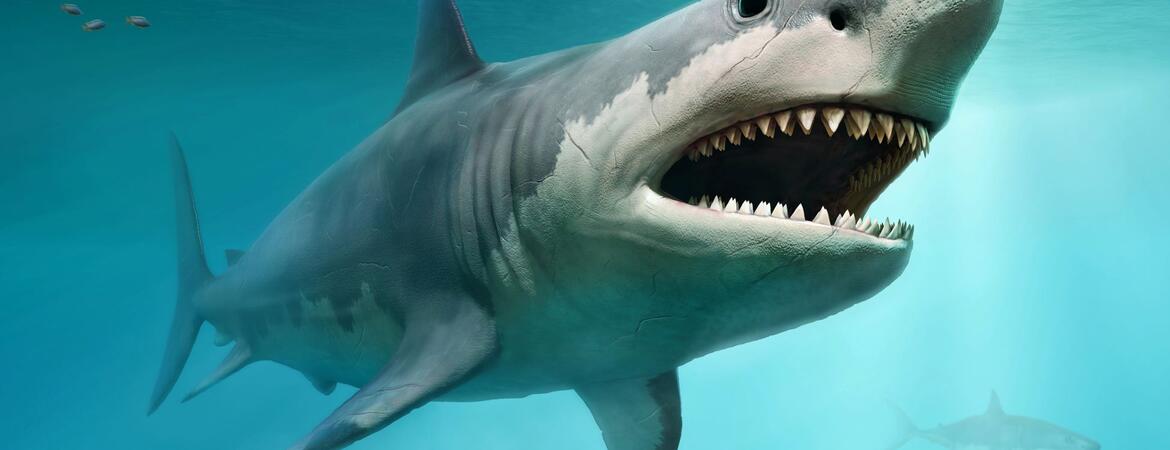
January 21, 2024
The Megalodon was less mega than previously believed
A new study shows the Megalodon, a gigantic shark that went extinct 3.6 million years ago, was significantly more slender than earlier studies suggested.
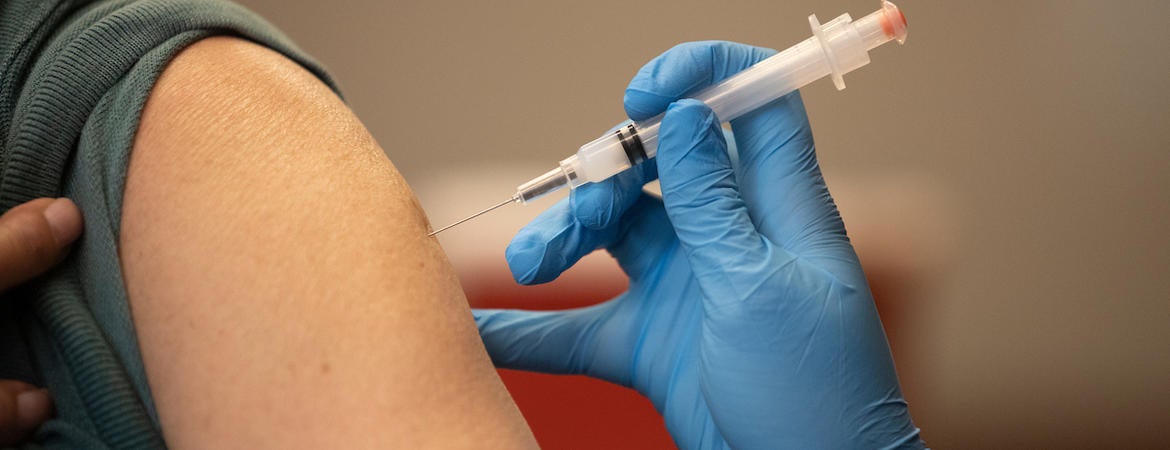
January 17, 2024
New vaccine design uses immunity against influenza to offer faster protection against emerging pathogens
Strategy developed by UC Riverside-led research team speeds up production of antibodies against COVID-19
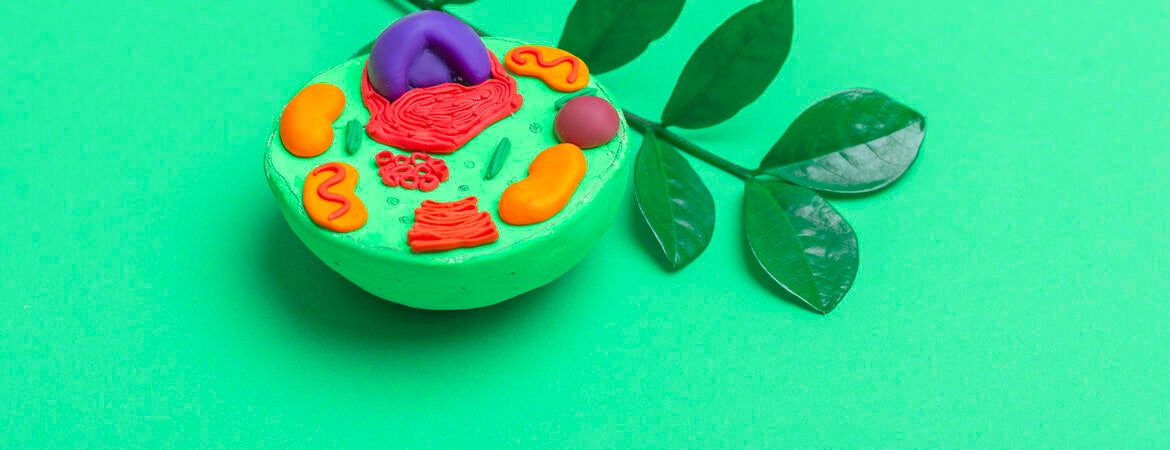
January 17, 2024
Keys to aging hidden in the leaves
Scientists have known about a particular organelle in plant cells for over a century. However, UCR scientists have only now discovered that organelle’s key role in aging.
January 12, 2024
The early bird (or scientist) gets the worm
UC Riverside research on nematodes secures $1.3M NSF funding

January 04, 2024
Scientists tame chaotic protein fueling 75% of cancers
Meet MYC, the shapeless protein responsible for making the majority of human cancer cases worse. UC Riverside researchers have found a way to rein it in, offering hope for a new era of treatments.

January 03, 2024
New reasons eating less fat should be one of your resolutions
A UC Riverside study to motivate your new year’s resolutions: high-fat diets may impair genes linked not only to obesity, colon cancer and irritable bowels, but also to the immune system, brain function, and potentially COVID-19 risk.
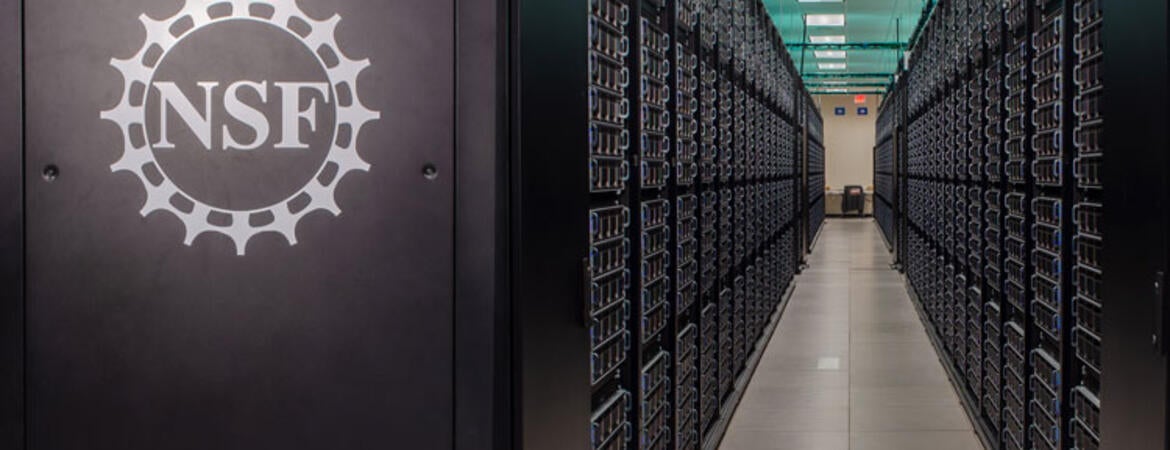
December 20, 2023
Supercomputer enables illustration of large-scale structure of universe
UC Riverside physicist helped develop PRIYA, a new cosmological simulation model
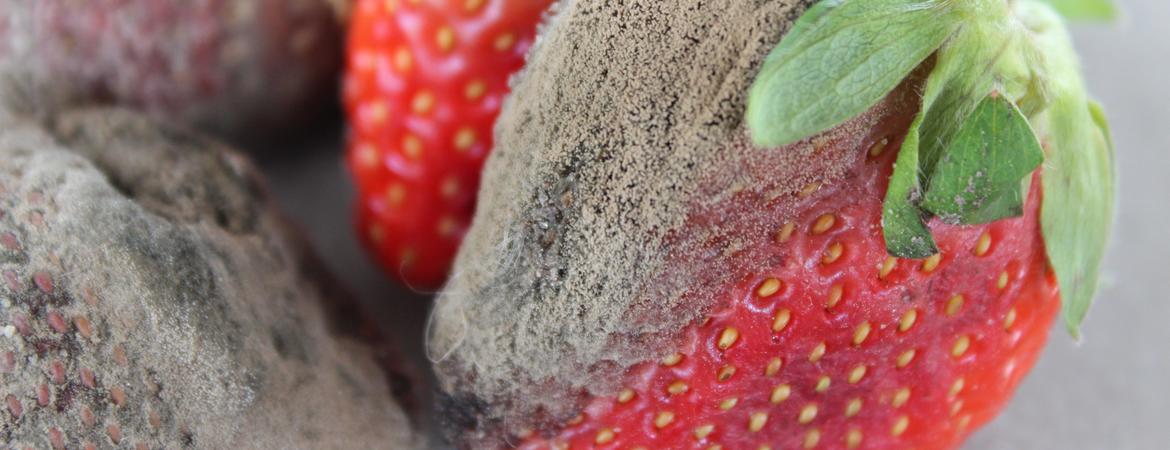
December 20, 2023
Discovery: plants use “trojan horse” to fight mold invasions
UC Riverside scientists have discovered a stealth molecular weapon that plants use to attack the cells of invading gray mold.